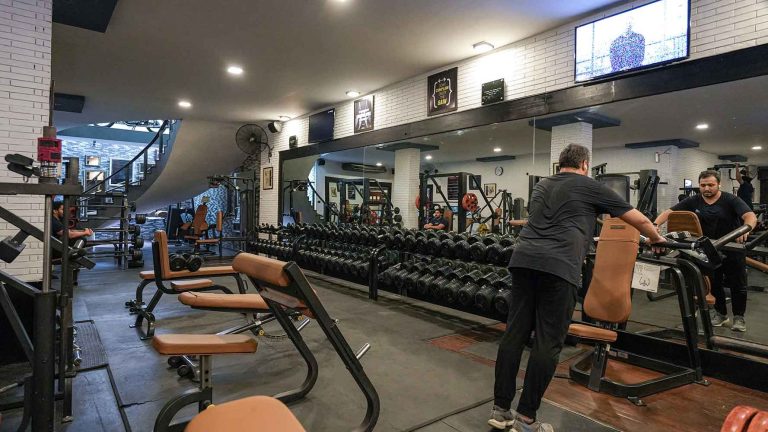In today’s world, where achieving a balanced and fulfilling lifestyle is paramount, understanding the essential concepts of health and fitness is crucial. This article explores the fundamental aspects of wellness, offering actionable insights to help individuals meet their health and fitness goals.
Understanding Health and Fitness
Health and fitness are often used interchangeably, but they encompass distinct areas of well-being. Health refers to the overall state of being free from illness or injury, while fitness relates to the physical ability to perform activities effectively. Both are interconnected and contribute to a person’s quality of life.
The Pillars of Health
Physical Health
Physical health is one of the most visible aspects of well-being, involving regular exercise, a balanced diet, and sufficient rest. Engaging in physical activity strengthens the cardiovascular system, enhances muscular endurance, and improves flexibility.
Exercise Recommendations
Aerobic exercise, such as running, cycling, and swimming, is crucial for improving cardiovascular health and stamina. Strength training, including weightlifting and resistance exercises, builds muscle mass and boosts metabolic rate. Flexibility exercises like yoga and stretching enhance joint mobility and reduce the risk of injury.
Mental Health
Mental health encompasses emotional and psychological well-being. It involves managing stress, maintaining a positive outlook, and seeking professional help when necessary.
Strategies for Mental Wellness
Mindfulness and meditation practices, which focus on the present moment, can alleviate stress and enhance emotional resilience. Cognitive Behavioral Therapy (CBT) is a therapeutic approach that helps individuals identify and alter negative thought patterns. Building strong relationships and seeking support from friends and family also play a significant role in maintaining mental health.
Nutritional Health
Nutrition is fundamental to overall health, providing essential nutrients required for bodily functions and supporting both physical and mental well-being.
Key Nutritional Guidelines
Macronutrients, including carbohydrates, proteins, and fats, should be consumed in appropriate proportions to support energy levels and bodily functions. Micronutrients, such as vitamins and minerals, are vital for maintaining immune function and overall health. Hydration is equally important, as drinking adequate water supports digestion, metabolism, and overall bodily functions.
The Role of Fitness in Health
Fitness is a crucial component of a healthy lifestyle. Regular physical activity not only improves physical appearance but also enhances mental well-being. Incorporating fitness into daily routines can lead to long-term health benefits.
Developing a Fitness Routine
Setting clear, specific goals helps maintain motivation. Creating a balanced fitness program that includes a mix of aerobic, strength, and flexibility exercises addresses all aspects of fitness. Monitoring progress and adjusting the routine as necessary ensures continued effectiveness and achievement of desired results.
Common Myths About Health and Fitness
Myth 1: “You Need to Exercise for Hours Every Day”
In reality, short, intense workouts can be as effective as longer sessions. Consistency in exercise is more important than duration.
Myth 2: “You Have to Follow a Strict Diet to Lose Weight”
Sustainable weight loss is achieved through gradual, healthy changes rather than adhering to restrictive diets.
Myth 3: “Fitness Supplements Are Essential for Performance”
A balanced diet typically provides all the nutrients needed for optimal performance. Supplements should be used to complement, not replace, a nutritious diet.
Incorporating Wellness into Daily Life
Achieving a balanced lifestyle involves integrating health and fitness into everyday activities.
Prioritize Sleep
Getting 7-9 hours of quality sleep each night is crucial for recovery and overall health.
Stay Active Throughout the Day
Incorporating physical activity into daily routines, such as taking the stairs or walking during breaks, helps maintain fitness levels https://dailybamablog.com/.
Practice Mindful Eating
Being conscious of portion sizes and food choices supports a healthy diet. Avoiding distractions while eating helps recognize hunger and fullness cues more effectively.
Conclusion
Embracing the principles of health and fitness is a transformative journey toward optimal well-being. By understanding the pillars of health, developing a balanced fitness routine, and debunking common myths, individuals can create a sustainable approach to wellness. Integrating these practices into daily life will enhance physical and mental health, contributing to a vibrant and energetic lifestyle.

